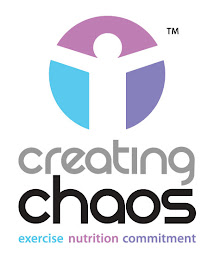Mastering the swing
If you haven't put yourself on a kettlebell course yet then it may just be something to consider to start helping your clients achieve huge results.
Pushing the fantastic results from the metabolic style training aside, the movements associated with kettlebells hugely helps some common problem areas that we see with clients. Correct me if I'm wrong but tight psoas, weak glutes, weak transverse abs and tight shoulders can often hamper posture and movement ability. Never has there been one set of exercises that can specifically target and benefit these areas.
The kettlebell swing is one of the most fundamental patterns of kettlebells and very unique to them. Getting it right is key though...
My advice is to get qualified before using these with clients and always look to master these movements yourself. This can take a little practise but knowing the movements inside out yourself will give you the deep understanding that you need as a good coach to get your clients mastering the movements and getting the results they're after.
A great pulse raising circuit is simply alternating kettlebell swings with bodyweight patterns:
1 min swings
1 min push ups
1 min swings
1 min squats
1 min swings
1 min alternate reverse lunges
15-30 sec recovery in between, complete twice for intermediate and 3 times for advanced.
Pushing the fantastic results from the metabolic style training aside, the movements associated with kettlebells hugely helps some common problem areas that we see with clients. Correct me if I'm wrong but tight psoas, weak glutes, weak transverse abs and tight shoulders can often hamper posture and movement ability. Never has there been one set of exercises that can specifically target and benefit these areas.
The kettlebell swing is one of the most fundamental patterns of kettlebells and very unique to them. Getting it right is key though...
My advice is to get qualified before using these with clients and always look to master these movements yourself. This can take a little practise but knowing the movements inside out yourself will give you the deep understanding that you need as a good coach to get your clients mastering the movements and getting the results they're after.
A great pulse raising circuit is simply alternating kettlebell swings with bodyweight patterns:
1 min swings
1 min push ups
1 min swings
1 min squats
1 min swings
1 min alternate reverse lunges
15-30 sec recovery in between, complete twice for intermediate and 3 times for advanced.

